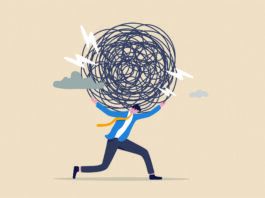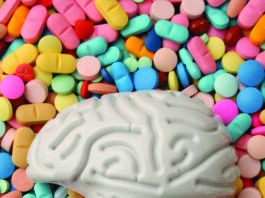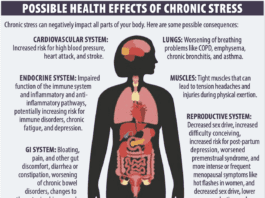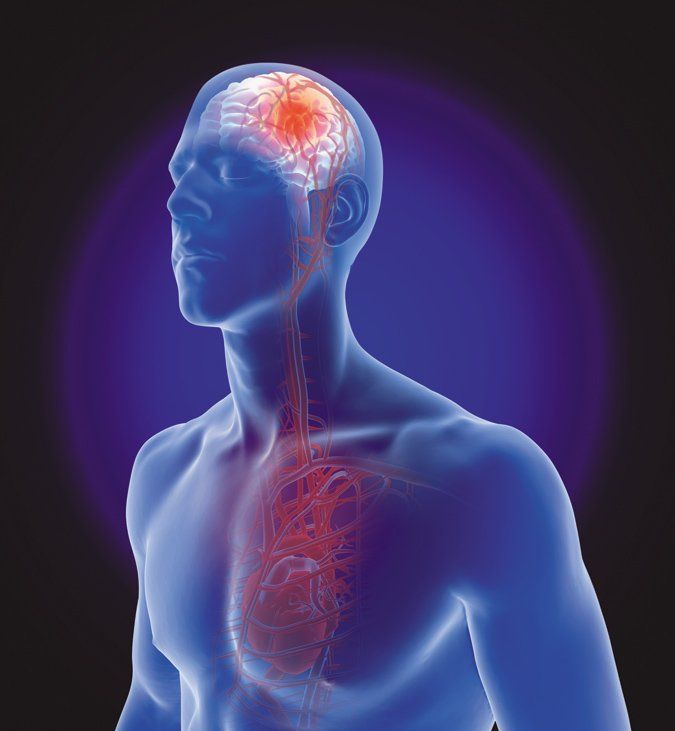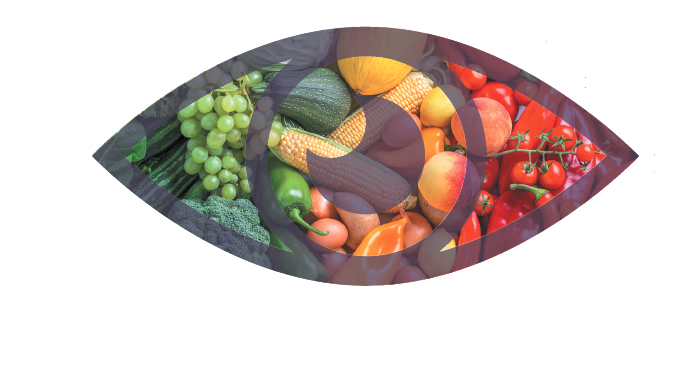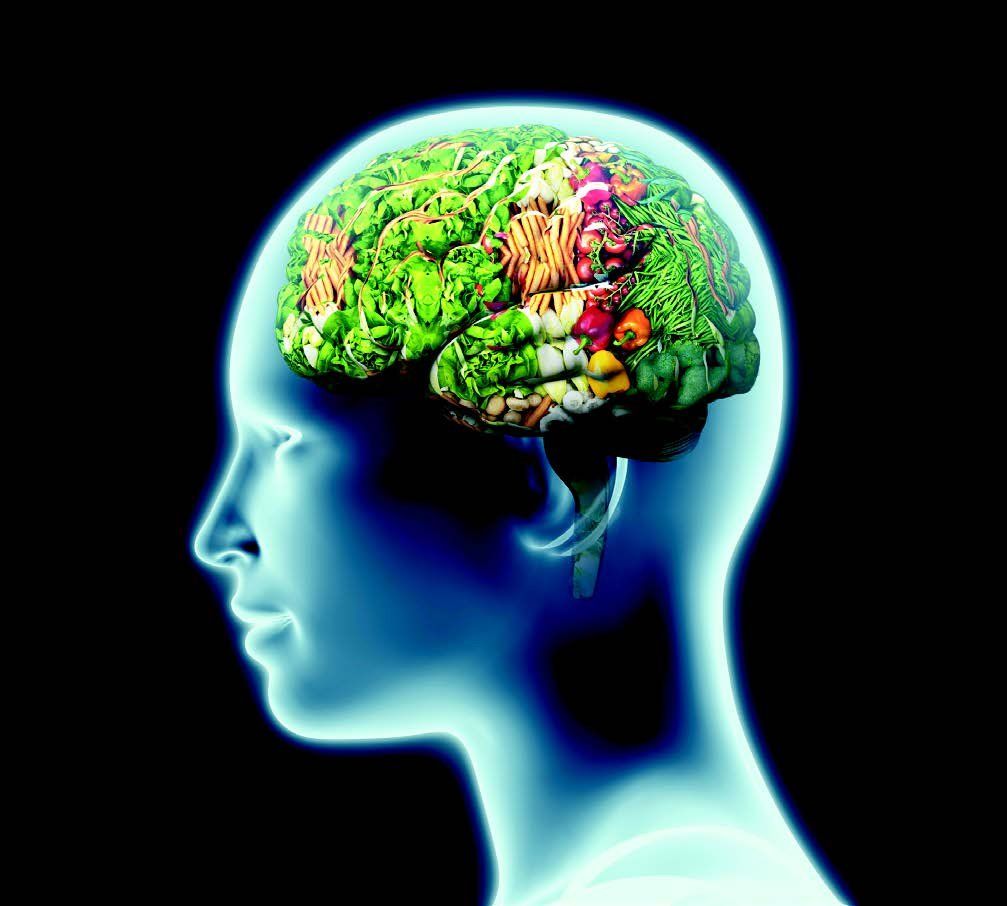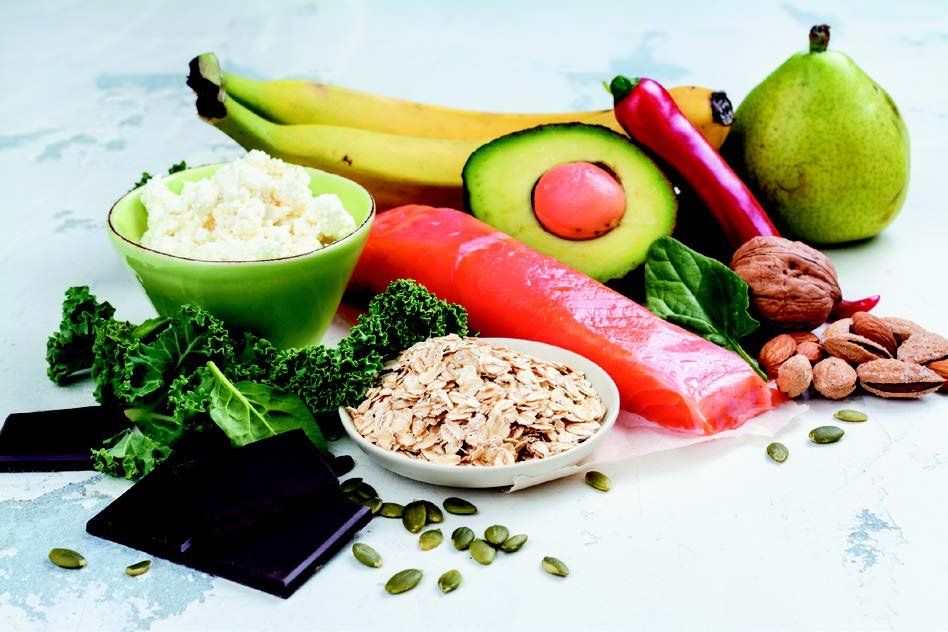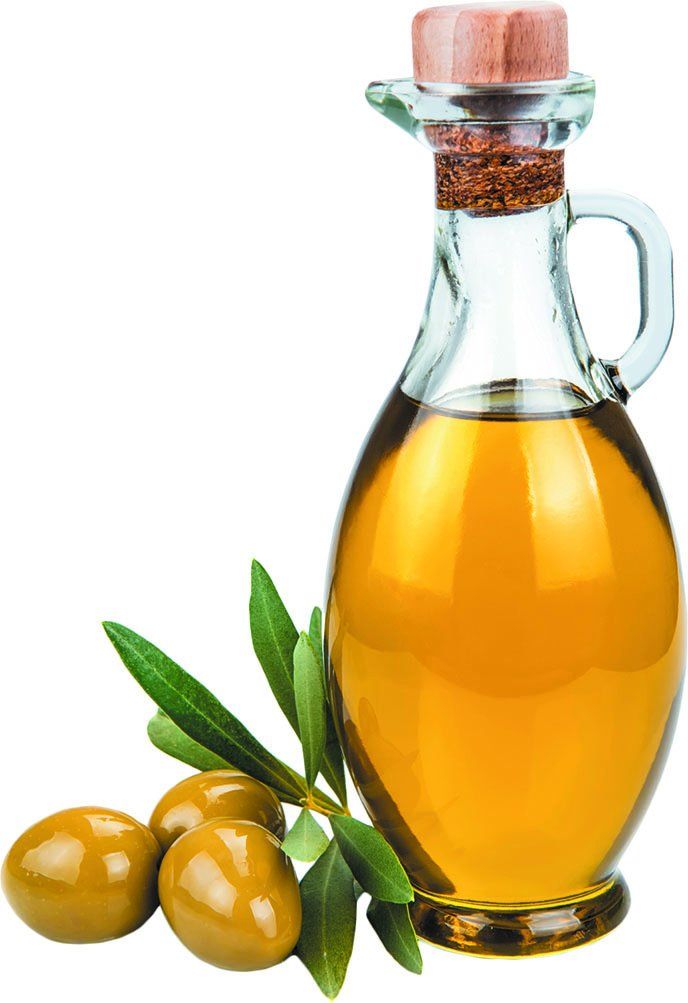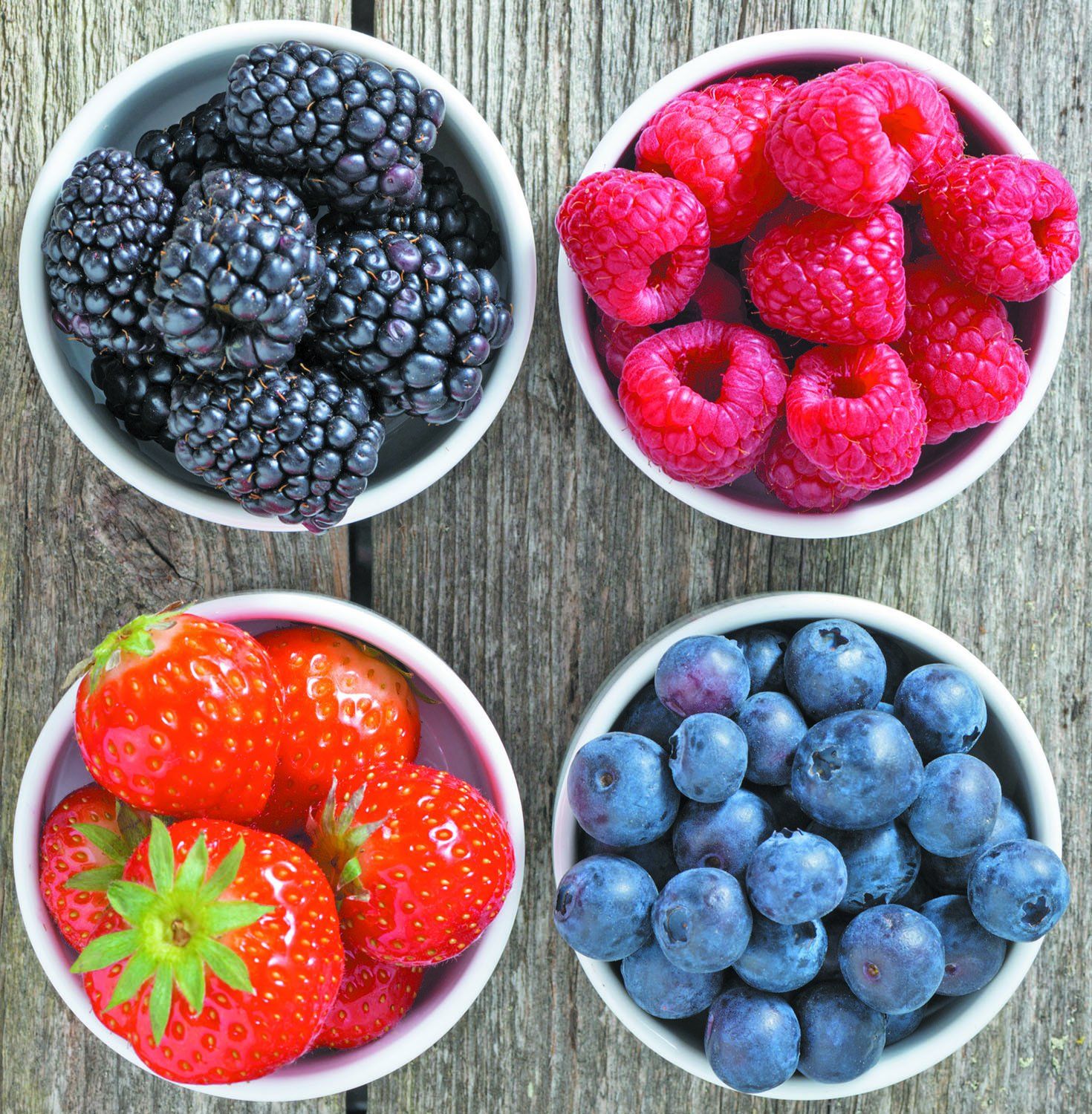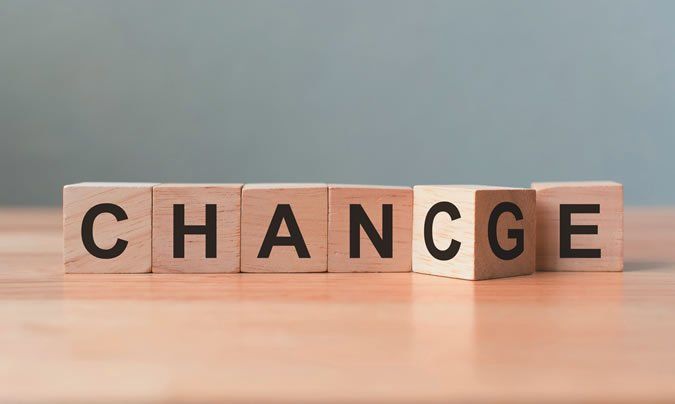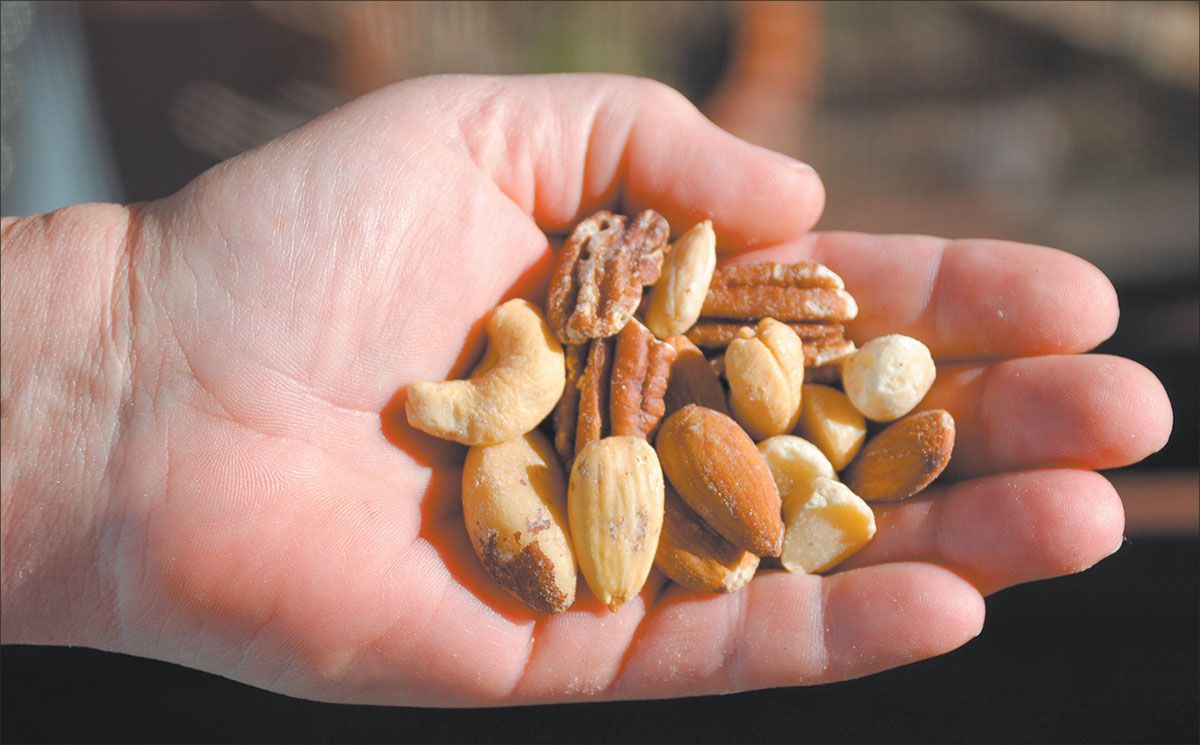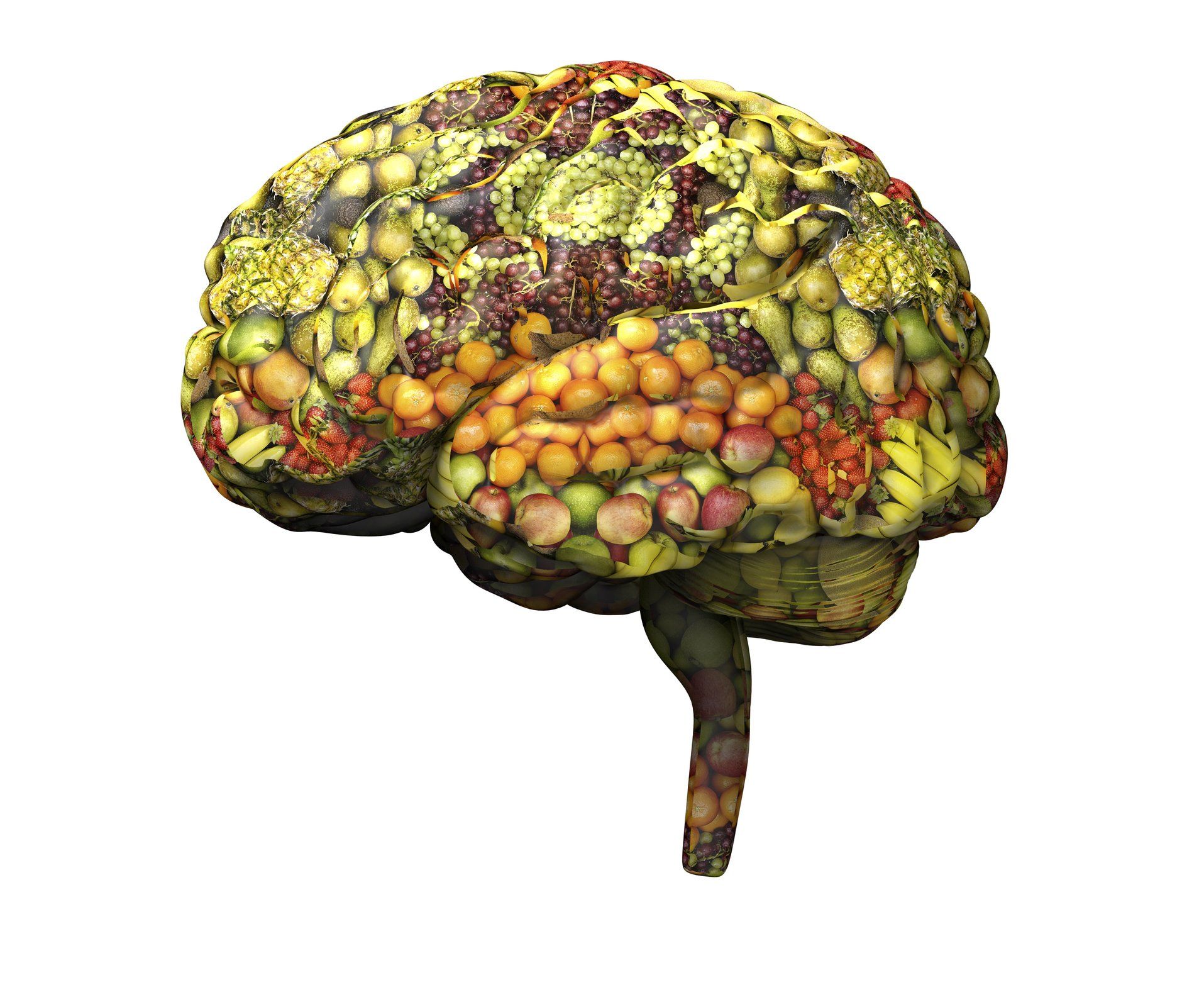Homocysteine: The Facts
Doctors routinely measure blood levels of cholesterol, triglycerides, and blood sugar, because high levels are strongly associated with higher risk of cardiovascular disease, and bringing these levels down through diet, exercise, and appropriate medication may lower risk. Some researchers suggest that another measure, homocysteine (ho-mo-SIS-teen) levels, should be added to that list. Multiple studies have found an association between high blood levels of homocysteine and higher cardiovascular disease risk (especially heart attack) as well as higher risk of certain causes of cognitive decline, says Irwin H. Rosenberg, MD, a professor at Tufts Friedman School of Nutrition Science and Policy and senior scientist at the Neuroscience and Aging Laboratory.
Lutein for the Eyes (and the Brain)
Lutein is just one of the more than 600 phytochemicals in the carotenoid family. These compounds are pigments that give plants their orange, yellow, and red hues, but they are more than just good looking: carotenoids, including lutein, have antioxidant and other health-promoting properties. What makes lutein unique among the carotenoids is that it is selectively taken up into the eye and the brain, says Elizabeth Johnson, a former scientist with the Jean Mayer USDA Human Nutrition Research Center on Aging.
Diet and Alzheimers
Alzheimers disease accounts for 60 to 80 percent of the loss of memory and other cognitive abilities collectively known as dementia. There is no known food or diet that can prevent or cure Alzheimers dementia, but diet may help delay onset and slow progression.
Diet and Depression
According to the World Health Organization (WHO), depression is the leading cause of disability worldwide, affecting more than 300 million adults and children. While to date there is no specific diet proven to prevent or cure this condition, research indicates that decreasing depression risk may be yet another reason to aim for a healthy dietary pattern.
Mediterranean Diet Associated with Lower Alzheimers Risk
Adhering to a Mediterranean-style eating pattern may protect the aging brain from Alzheimers disease, according to new research published in the journal Neurology. The three-year brain imaging study looked for Alzheimers disease-associated brain changes in 70 cognitively normal adults ages 30 to 60 years. Participants whose diets were closer to a Mediterranean style of eating showed fewer negative brain changes over the course of the study than those with lower adherence to this dietary pattern.
MIND Diet for Better Brain Aging
Currently available medical treatments for age-related cognitive decline and Alzheimers disease have had limited success. Adopting a healthy diet and lifestyle has been among the most consistent recommendations to maintain brain health over the long term. Some studies have linked an overall healthy dietary pattern to less chance of experiencing age-related decline in memory and other cognitive skills.
Alcohol Abuse Linked to Early Dementia
Alcohol use disorders are strongly linked to risk of dementia in people less than age 65, according to a study in Lancet Public Health. More commonly referred to as alcoholism, alcohol use disorder means a persistent pattern of harmful alcohol use or dependence on alcohol.
Q. What’s the difference between studies that show an association and those that show...
Q. Whats the difference between studies that show an association and those that show cause and effect.
What Are the Best Nuts to Eat?
Consuming nuts can help improve cholesterol levels and protect your heart and arteries, which is also good for your brain. Some studies also have looked specifically at possible cognitive benefits from nuts. So, which nuts are the best nuts to eat regularly?
Brain Food
Given long-time frames of conditions such as Alzheimers disease and other dementias, its challenging to prove any cause and effect relationship between specific foods and brain health. Most such associations are drawn from observational studies, in which people who eat more or less of a certain food are assessed over time for cognitive changes.

























